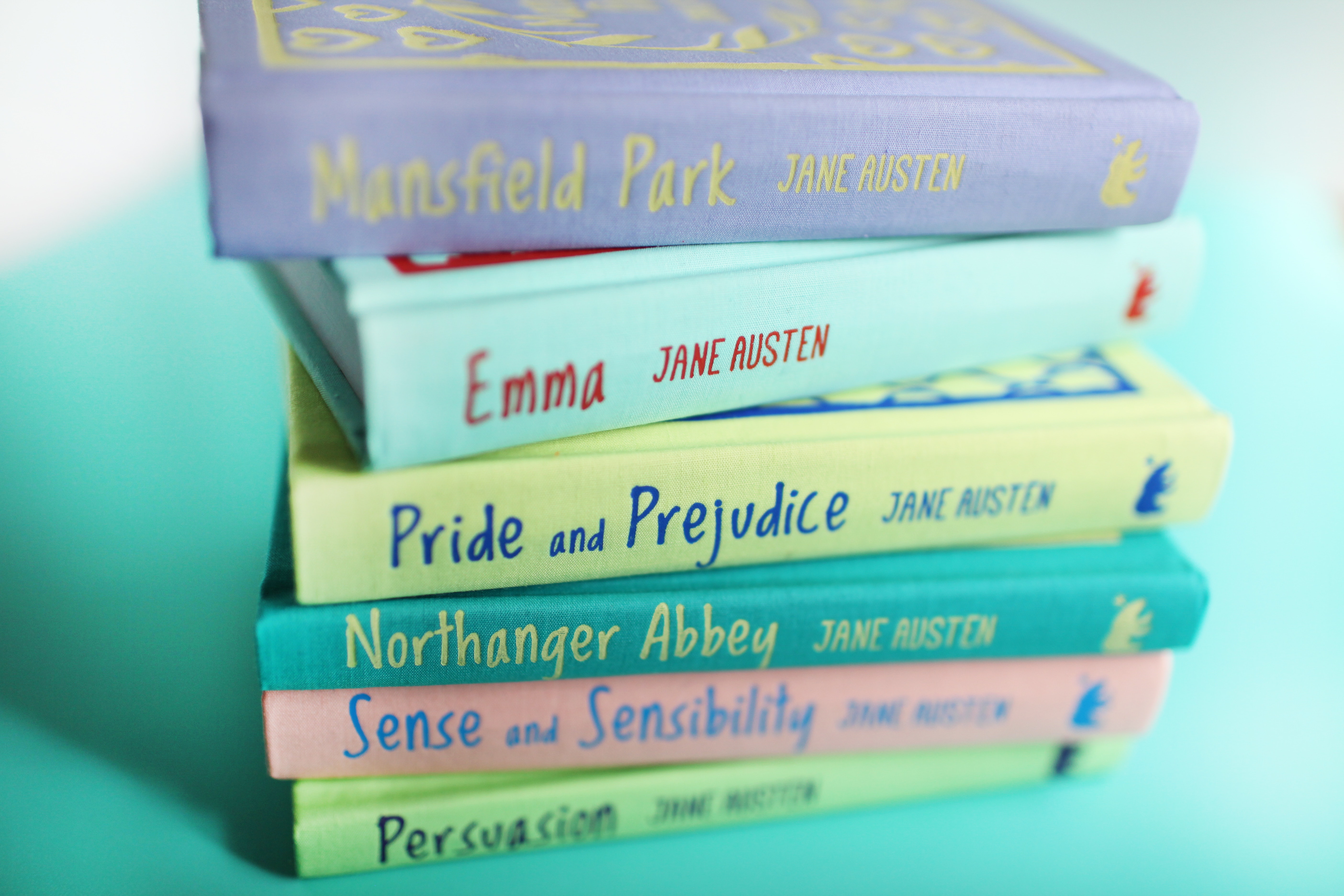Welcome to this round-up of resources compiled by the CIEP. This time, we look at self-publishing and working with independent authors. We have divided our picks into:
- websites
- blogs
- a book and some guides.
Websites
This is a great time to be looking into working in self-publishing and with independent authors because of the sheer number of resources in this area that have built up in the last few years. The website of the Alliance of Independent Authors (ALLi) is almost unbelievably useful. ALLi offers a regular podcast that covers a wide range of topics, and two web pages – ‘AskALLi: Self-Publishing Advice You Can Trust’ and the ALLi blog – that are a goldmine for anyone working, or hoping to work, in self-publishing. The blog is divided into 16 categories, including editorial, design and formatting, production and distribution, international insights, and writing.
Another useful website is Jane Friedman’s. Friedman commissions colleagues to write regular blogs on topics that are mostly relevant to self-publishing writers, but that editorial professionals working with these writers will want to dive into as well. These blogs are particularly strong on bigger-picture aspects of fiction like narrative arc and viewpoint, as well as the business aspects of being an independent writer, such as promotion. One particularly useful, and long, resource on this website is ‘The Comprehensive Guide to Finding, Hiring, and Working with an Editor’ by Chantel Hamilton, a non-fiction developmental editor.
Blogs
Blogs offer glimpses into different perspectives, and this is particularly true of blogs about self-publishing which aim to help different people at different stages of a complex process. Fiction editor Sophie Playle covers self-publishing from the viewpoint of writers on her own blog (‘Preparing your novel for self-publishing’) and of editors on the CIEP blog (‘Working with self-publishing authors: Expectations and implementation’). Also on the CIEP blog, Helen Jones considers the benefits of using an editor if you’re writing a business book, and Averill Buchanan writes from the perspective of a book production specialist.
On the AFEPI blog, Louise Harnby suggests 4 ways to get noticed by indie crime fiction and thriller writers if you’re an editorial professional, and Laura Bontje for the Editors Canada blog covers editing for authors on a budget, which can be a useful skill in the self-publishing world. Finally, Siobhán Prendergast at Dingle Publishing Services offers a completely different perspective – self-publishing as an act of defiance – reminding us that writers from Jane Austen to Walt Whitman self-published their work.
A book and some guides
At first glance, Richard Bradburn’s Self-Editing for Self-Publishers would seem to be doing editorial professionals out of a job, but many editors have found it useful, including Sophie Playle, who has reviewed it on her website. Playle says that Bradburn, a professional editor, ‘makes an excellent case as to why the best method for self-publishing authors would be to take their manuscript as far as they can on their own, then hire a professional’. She actively recommends the book to fiction editors ‘as it provides such an excellent overview of how a manuscript should be treated during the publication process, as well as giving the editor a wider understanding of the author’s role in shaping their work’.
What helps the writer helps the editor, which in turn helps the writer. So ALLi’s seven publishing guides for indie authors, including 150 Self-Publishing Questions Answered, based on AskALLi’s gathered advice, are also a help and resource for the editing community. Finally, Alison Shakspeare’s CIEP guide, How to Work with Self-Publishers: Editing, proofreading and other considerations, ‘for practising editors who want to develop their support of self-publishing authors, in fiction and non-fiction’ empowers editorial professionals with the skills and knowledge to guide authors to self-publishing success.
 About the CIEP
About the CIEP
The Chartered Institute of Editing and Proofreading (CIEP) is a non-profit body promoting excellence in English language editing. We set and demonstrate editorial standards, and we are a community, training hub and support network for editorial professionals – the people who work to make text accurate, clear and fit for purpose.
Find out more about:
Photo credits: kindle by felipepelaquim on Unsplash, Jane Austen books by Leah Kelley on Pexels.
Posted by Belinda Hodder, blog assistant.
The views expressed here do not necessarily reflect those of the CIEP.


